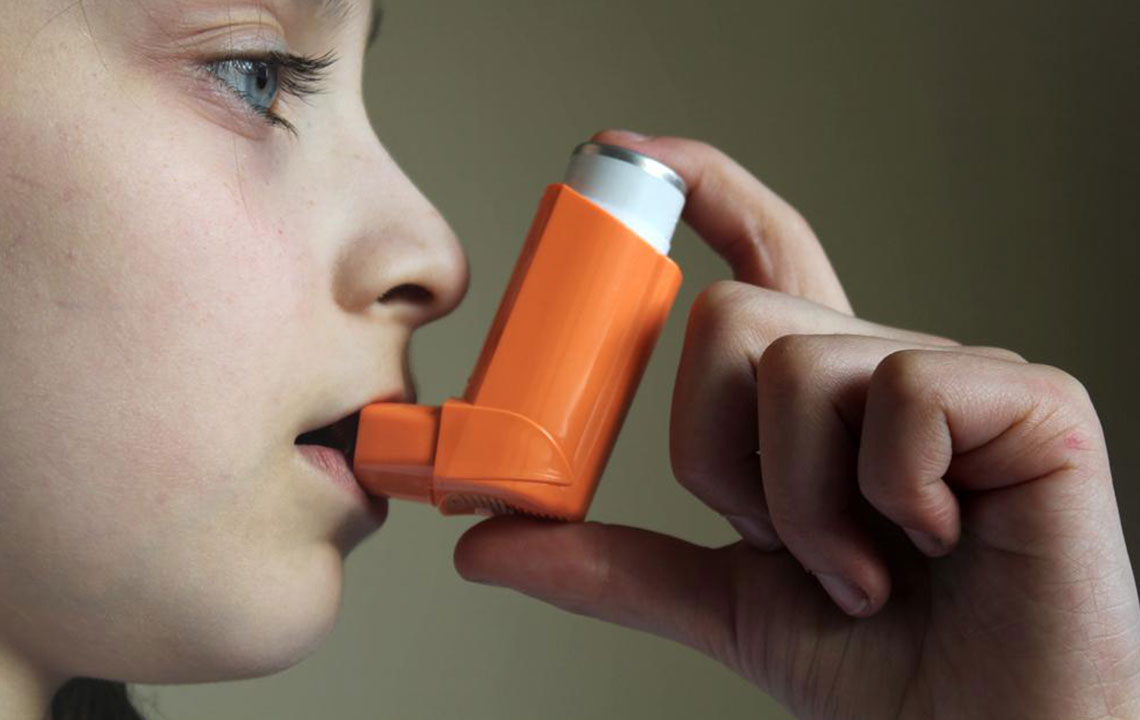Exploring the Five Main Variants of Asthma
Discover the five major types of asthma, including allergic, exercise-induced, cough-related, occupational, and nocturnal forms. Understanding these variants helps in selecting appropriate treatment options and managing symptoms effectively. This article provides insights into triggers, diagnosis challenges, and treatment strategies for each asthma type, empowering patients to take informed steps toward healthier respiratory health.
Sponsored

The Five Primary Types of Asthma
Asthma is a long-term lung condition characterized by airway narrowing and swelling, resulting in excessive mucus and symptoms like chest tightness, difficulty breathing, wheezing, and cough. Over 25 million individuals, including children and adults, are affected. The symptoms' severity varies, and diagnosis can be challenging due to different triggers. Recognizing each asthma type helps in choosing effective treatments and management strategies. Continue reading to learn about the various forms of asthma and their specific features.
Allergic Asthma
Typically triggered by allergens such as pollen, mold, pet dander, or spores, this type causes lung inflammation during exposure. Food allergies, including dairy, yeast, or gluten, can also provoke symptoms.
Exercise-Induced Asthma
This form occurs after physical activity. Many athletes and active individuals may experience breathing issues specifically during exercise sessions.
Cough-Variant Asthma
Recognized by persistent coughing, this type is difficult to diagnose since symptoms resemble other respiratory conditions like hay fever-related post-nasal drip, chronic bronchitis, or sinus issues. Sometimes cough is the sole symptom, leading to delayed treatment.
Occupational Asthma
Caused by inhaling irritants such as chemicals, fumes, or dust in the workplace, symptoms develop only in specific work environments.
Nocturnal Asthma
Nighttime breathing difficulties, including coughing and wheezing, are common. This pattern is influenced by circadian rhythms, with symptoms often worsening during sleep.
Medical treatment varies based on the asthma type. Options include inhaled or oral corticosteroids, beta-agonists, leukotriene modifiers, combination inhalers, and allergy medicines. For severe cases, procedures like bronchial thermoplasty may be recommended to reduce airway constriction.






